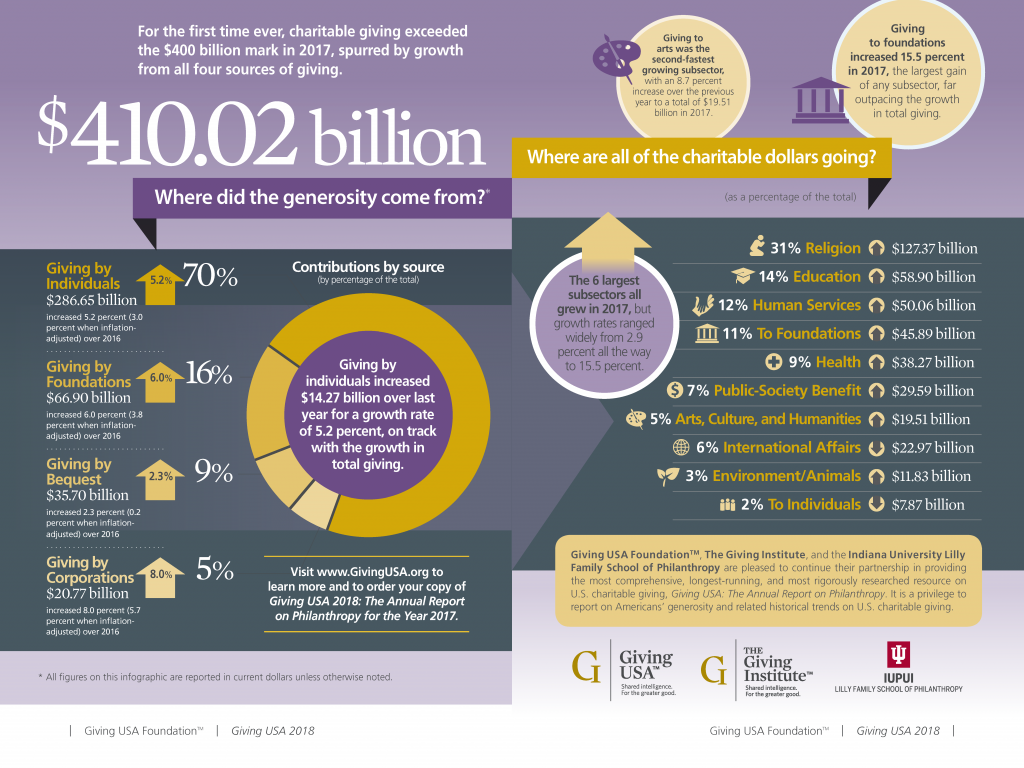Kant’s perspective that consequences of an action are not what matters, but rather the “moral worth” of the action is important really resonated with me. Kant argues that if a person is doing something because they have the motivation to do good rather than bad, then how the action actually results is irrelevant. The most significant part of the action was the motivation itself and the attempt to try to do good.
When thinking about an action’s moral worth rather than the action’s consequence, I immediately thought about charities. We always see things on the news where large charities that get donated millions of dollars. You think how much good work they can do with all that money. I am part of an organization where we do fundraising so that we can donate to charities around San Diego. At a recent fundraiser, we only raised $300 and a lot of the members felt upset that we wouldn’t be making a big enough impact. However, once I read Kant’s philosophy on this, I felt better that though my organization couldn’t donate millions of dollars, we still were trying to do our little part to help out the community.
Through this, I realized that not everyone can donate huge amount of money to charity, but, if we all look at doing an action with moral worth, it doesn’t matter how much money you are able to donate, whether it is $1 or $1 million. It is the fact that people are trying, help even in the smallest way, to make the world a better place.
Below is an infographic on charitable donations in the US in 2018. As you can see, 70% of charitable donations was by individuals rather than the 5% by corporations.

